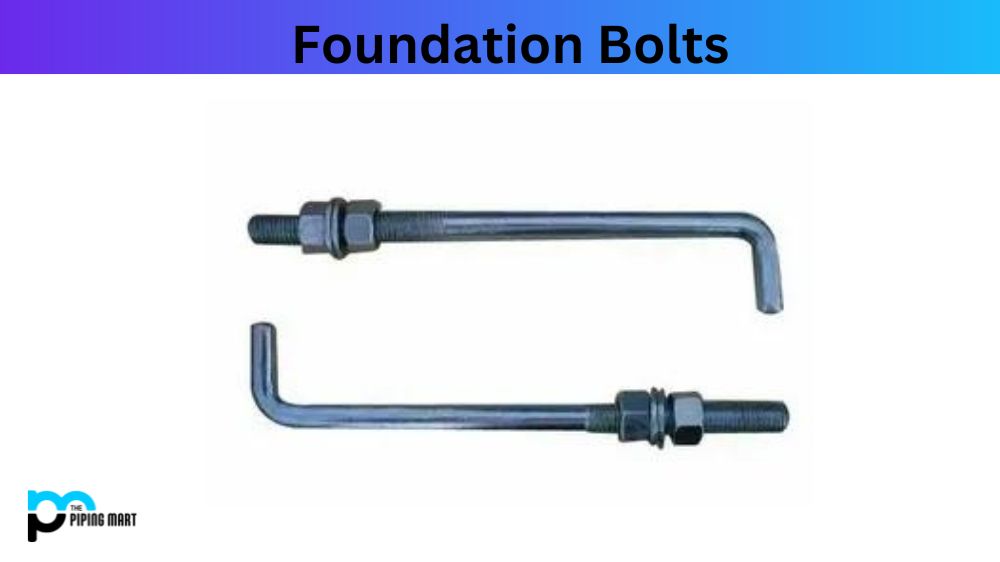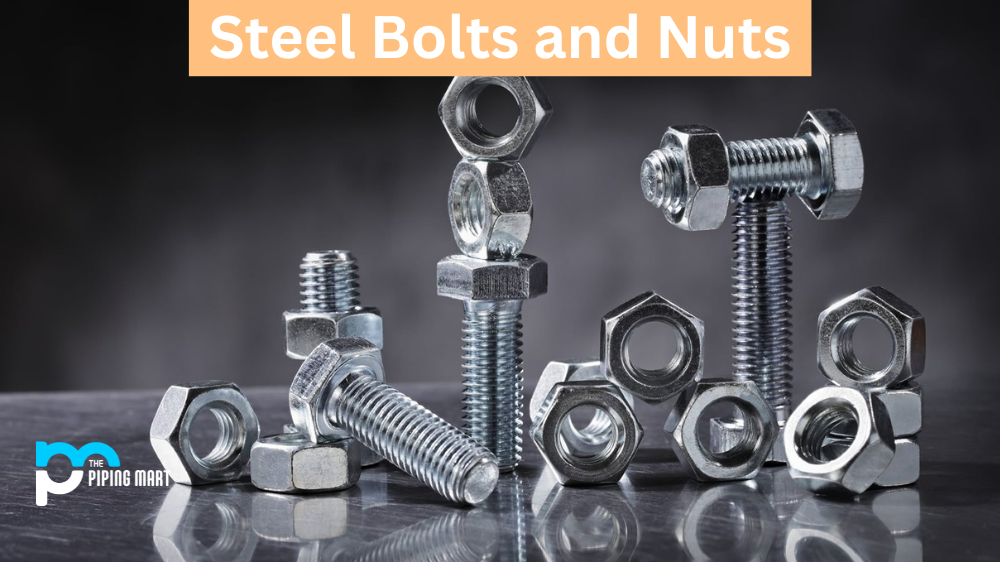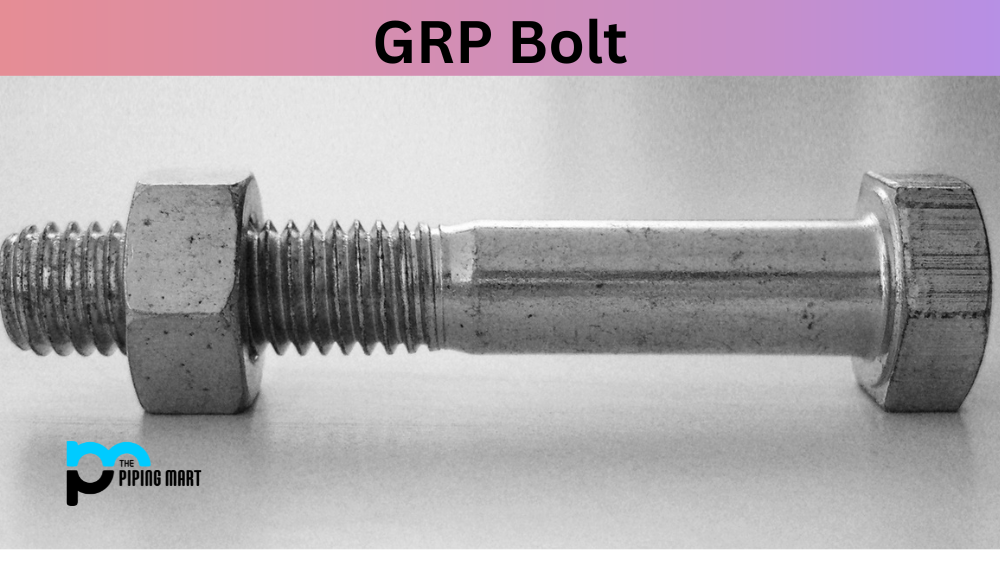Foundation bolts are essential elements in construction projects, and they play a significant role in ensuring that the construction is stable, firm, and secure. A foundation bolt is a threaded bar placed into Concrete to anchor a piece of equipment or structural support. Foundation bolts are available in various sizes and shapes, and their use is common in building structures such as bridges, buildings, machinery, and equipment. While there are several advantages to using foundation bolts, there are also disadvantages. In this blog post, we will go through the advantages and disadvantages of foundation bolts to help you make an informed decision about their use.
Advantages of Foundation Bolts
Strength
Foundation bolts are incredibly strong and exhibit high tensile strength. They have an excellent ability to resist the forces that tend to pull them out of the Concrete. Foundation bolts are often used to secure heavy machinery or equipment, making them ideal for industrial and construction applications.
Easy to Install
Foundation bolts are relatively easy to install and well-suited for installations requiring precision and alignment. They require less time to install than other anchorage systems, making them a popular choice for construction projects.
Cost-Effective
Foundation bolts are cost-effective compared to other forms of anchorage. They are made of durable steel, so you don’t have to worry about replacing them soon. They also require minimal maintenance and provide long-term anchorage solutions.
Disadvantages of Foundation Bolts
Requires Concrete
Foundation bolts can only be installed with a concrete foundation. This means they can only be used where a concrete foundation exists. This can limit their use in certain construction projects or make them more expensive if the foundation needs to be built.
Limited Adjustment
Once a foundation bolt is installed, it is not easy to adjust its position. This means that if there are any errors in the installation process, they cannot be easily corrected. Sometimes, this can lead to functional issues or compromise the structure’s integrity.
Risk of Corrosion
Foundation bolts are made of steel, which can be prone to corrosion when exposed to harsh environments. If the bolts are not properly protected or regularly maintained, they can corrode, reducing strength and potential failure.
Conclusion:
Foundation bolts are essential in the construction industry, offering a quick and cost-effective solution to anchor machinery and equipment to a concrete foundation. They offer many benefits, including strength, ease of installation, and cost-effectiveness. However, their use has limitations. Foundation bolts are reliant on the existence of a concrete foundation, and they cannot be adjusted once they are installed. There is also the risk of corrosion, which can compromise the structure’s integrity. Still, foundation bolts are an excellent choice for many applications, especially in industrial and construction settings. Consider all the advantages and disadvantages to decide whether foundation bolts are the right choice for your next construction project.
Rachana is a dedicated and ambitious young woman who has made a name for herself in the metal industry. From her earliest days in the industry, Rachana showed a natural talent for problem-solving and a keen eye for detail. In her free time, She enjoys reading up on the latest advancements in the industry, as well as exploring new ways to innovate and improve upon existing processes.




